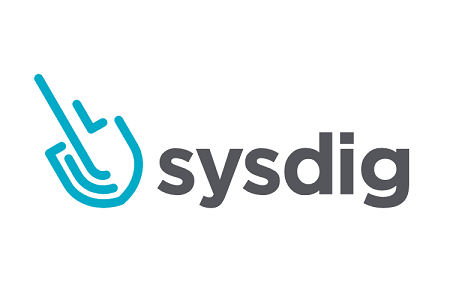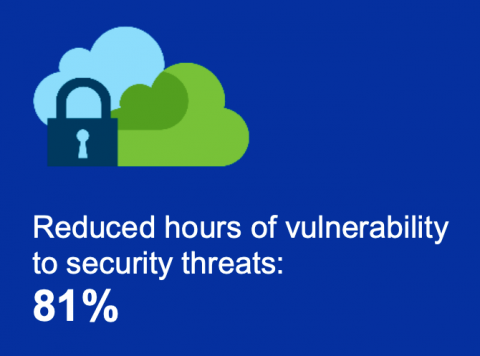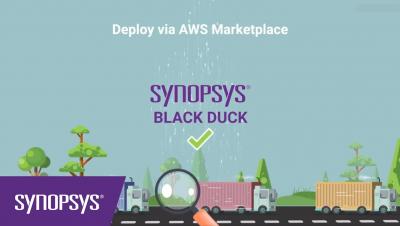Security | Threat Detection | Cyberattacks | DevSecOps | Compliance
%term
Anthony Lee interview - Ethical Hacking Roundtable 2020
Ransomware: The average ransom payment doubled in just three months
A new report into the state of ransomware at the tail end of 2019 has revealed that things aren’t getting any better. In Q4 of 2019, according to the new study published by security firm Coveware, the average ransom payment more than doubled – reaching $84,116, up from $41,198 in Q3 of 2019.
Do you trust your Microservices Identities?
Microservices provide great benefits to development organizations. They enable multiple autonomous development teams to work on the same application, maintaining efficiency,speed, and utilization of modern resources such as open source, containers and programming languages. The Microservice paradigm simplifies application building,debugging, management, deployment, scalability and of course time to market.
Sysdig Closes $70M in Series E Funding to Enable Enterprises to Confidently Secure Cloud-Native Workloads in Production
It is getting harder for us to prove who we are
I had an interesting experience the other day. I had to renew my driver’s license. In previous renewal cycles, this was no big deal. One could just visit the local Department of Motor Vehicles (with a bagged lunch since it was usually a multi-hour wait), read an eye chart, take a horribly unflattering photo, and be on their way with a new license.
The total business impact of Sumo Logic Cloud SIEM
Computer Wizard Woes: The Cursed Terminal Session
It is likely that at some point in the span of your software engineering career, you will run into an issue that requires poring over audit logs to figure out what went wrong and who did it. This could be to troubleshoot a variety of issues ranging from an unauthorized change that a consultant or vendor made, to bad actors that have gained access to your system.
What is NIST SP 800-53? Tips for NIST SP 800-53 Compliance
NIST Special Publication 800-53, Recommended Security Controls for Federal Information Systems and Organizations (NIST SP 800-53 or NIST 800-53), establishes an information security standard for the federal government. Specifically, NIST 800-53 establishes security controls and privacy controls for federal information systems and organizations excluding those involved with national security.











